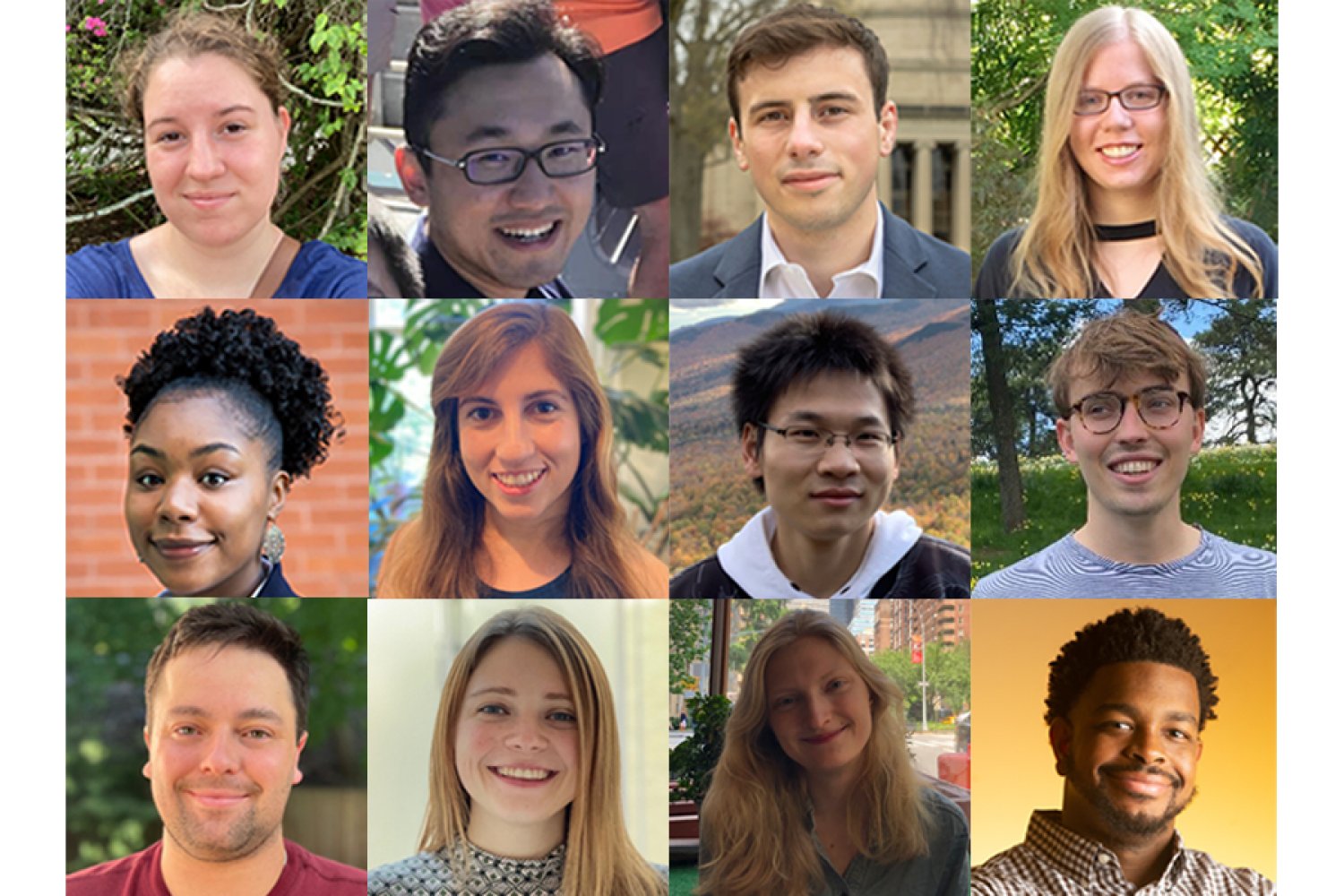A more effective experimental design for engineering a cell into a new state
A strategy for cellular reprogramming involves using targeted genetic interventions to engineer a cell into a new state. The technique holds great promise in immunotherapy, for instance, where researchers could reprogram a patient’s T-cells so they are more potent cancer …

